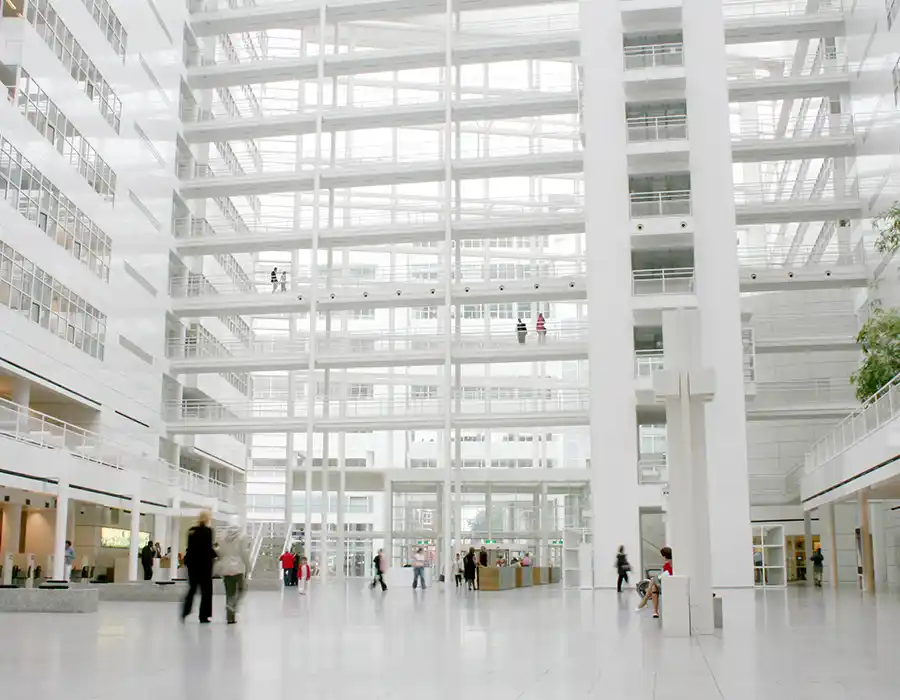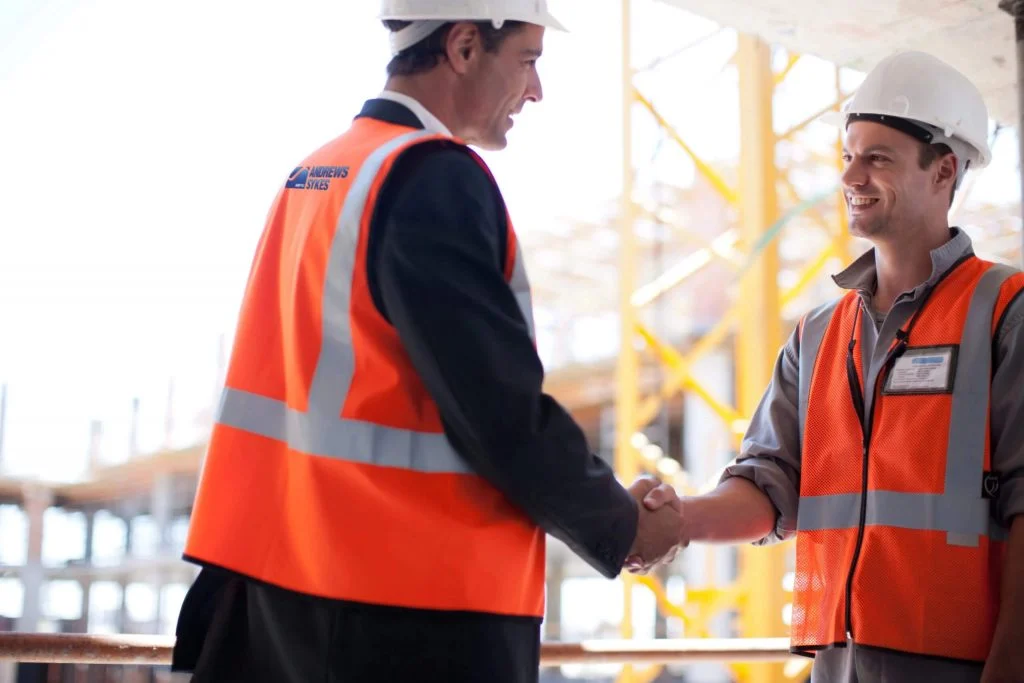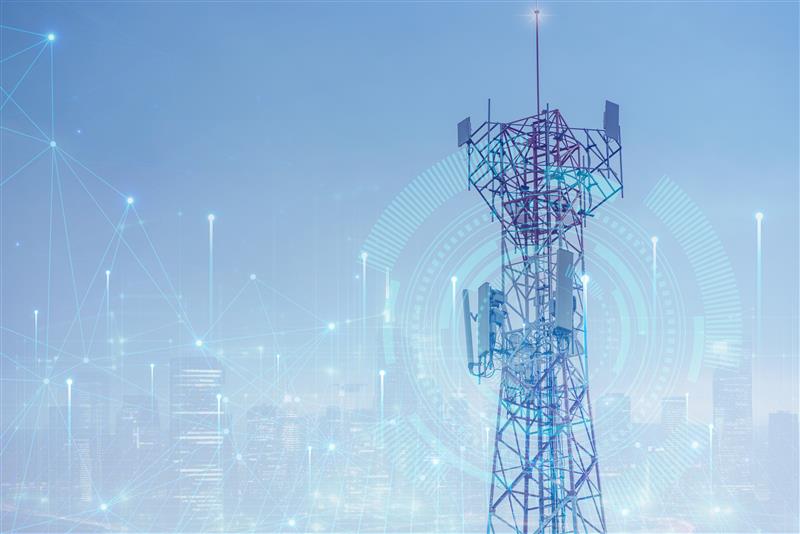The role of facilities manager has undergone significant changes in the past decade, and the breakneck speed of technological advances have been a major driver. The effect of this transformation has been notable across many aspects of a facility manager’s responsibilities, but perhaps none more so than in smart climate control.
Smart climate control is the use of automated Heating, Ventilation and Air Conditioning (HVAC) equipment to manage indoor climate conditions such as temperature and air quality based on real time data and sensors and with greater convenience and efficiency.
And as facility management sees a shift towards greater efficiency, sustainability and tech adoption, smart climate control is now an integral part of managing a facility.

What Exactly Does a Modern Facilities Manager Do?
The key responsibilities of managing the maintenance, safety and security of a building remain as important as ever in the role of a facilities manager. However, the tools, processes and know-how have evolved throughout the years, and new responsibilities have emerged.
They are not just responsible for operations, but also must lead the charge in energy efficiency, occupant comfort, and achieving Environment, Social and Governance (ESG) targets.
And all this against a backdrop of rising energy and operational costs, growing carbon footprint awareness and compliance pressures such as the ISO 50001 international standard.

How Important is Smart Climate Control in Facilities Management?
Heating, Ventilation, and Air Conditioning (HVAC) Systems have long been an integral part of maintaining optimal conditions within a building, but there was always an element of manual control necessary. Now, automatic sensors, artificial intelligence algorithms, real-time performance metrics and interconnect devices can work in harmony to create and execute the desired climate conditions.
Embracing these changes can make a facilities manager’s day-to-day life that bit easier, while also benefiting the business’ bottom line and also the natural environment around us.
Potential Challenges That Should Be Considered
Very few challenges in life have a one-size-fits-all solution, and is certainly true in facilities management. The viability of a product or service always depends on a range of factors, and it’s a decision to be made with consideration.
It may be that the practical benefits of introducing smart climate control are outweighed by potential negatives, which can include:
- An upfront investment on equipment and software that may simply be too high to be able to justify.
- Redesigning current processes and responsibilities is not always an easy task and can even cause resentment among your team.
- Incompatibility with current technology and infrastructure which prevents it working to its full abilities.
- Increased risk of an inadvertent data breach that could land your company in trouble.
Best Practices for Maximising Your Building’s Energy Efficiency Before Investing in Smart Climate Control
- Evaluate the building’s existing system as a first step:
It’s recommended you conduct an assessment of the facility’s existing HVAC performance in order to gauge the potential benefits. Doing so might help you identify inefficiencies that can be solved without investing in new technology. - Commit to better maintenance of existing equipment:
A modern facilities manager is often juggling so many plates that it’s easy to forget about the importance of regular air conditioning maintenance. Scheduling a professional inspection once a year, and replacing or cleaning air filters every 1-3 months can go a long way. - Relocate your equipment:
Poor installation of HVAC equipment can dramatically reduce its efficiency. For example, putting a thermostat in the wrong place can make a big difference and give inaccurate readings. Keep it away from windows and doors, exterior walls and place it between 50 and 62 inches off the ground for maximum accuracy.

How Can Andrews Sykes Help Maintain the Perfect Indoor Environment?
We have a proud track record of providing innovative and cost-effect HVAC systems that meet your needs. From fast, flexible hire options to enable seasonal use without major upfront costs to smart, energy-equipment, we’ve got the solution for you.
Our equipment includes modern, energy-efficient portable air conditioners, dehumidifiers, fans, and chillers, many of which integrate with smart controls and monitoring systems to keep running costs low and ensure real-time control.
With nationwide coverage and a number of depots across the country, we’re ready to deliver and install your climate control solutions quickly to help you deal with a sudden change in needs such as a breakdown, heatwave or emergency. On top of that, we offer free expert consultations and site surveys to find the solution that works best for you.

Be Ready Whatever the Weather with Andrews Sykes
It’s safe to say we get our fair share of unpredictable weather in this country, from rain to shine and hail to snow – sometimes on the same day. And extreme weather is an increasingly common feature of summer in the UK so it’s important to anticipate the challenges they bring. Air conditioning, cooling and ventilation systems are the perfect solution for maintaining optimal temperatures, improving airflow and ensuring comfort for all.
To discover exactly how we can help call now on 0800 211 611 or enquire online.



